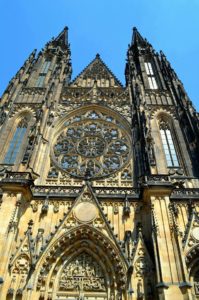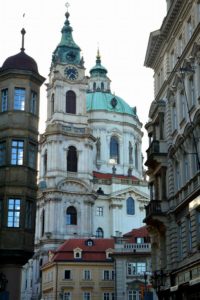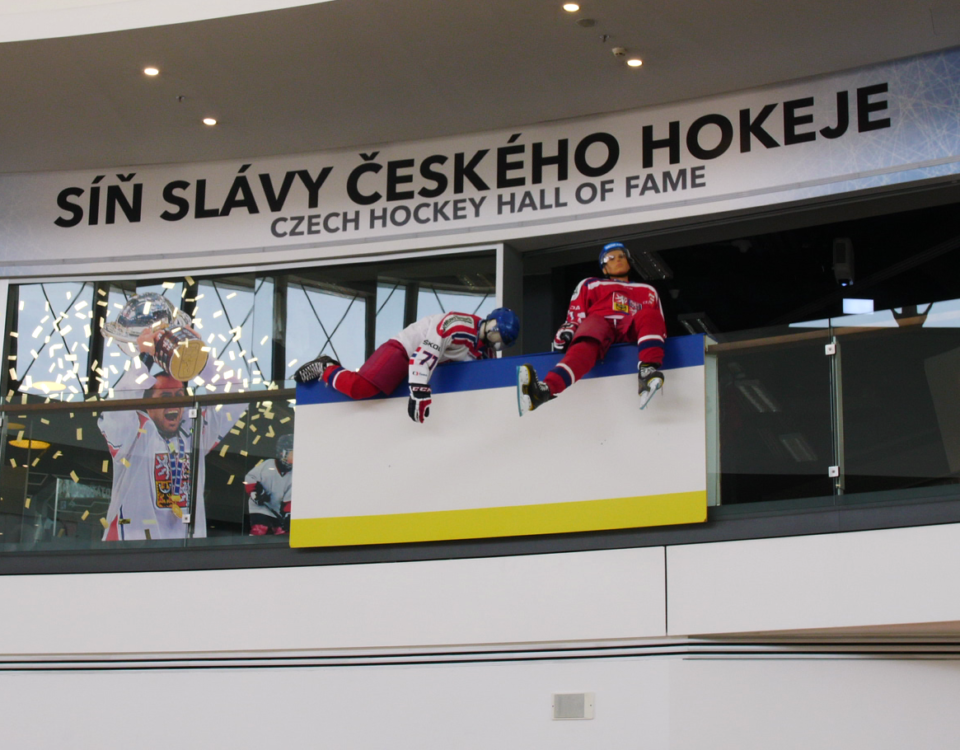- Your Online Prague Guide by locals – Follow us:
Prague architecture diversity

a winter view of Charles Bridge
January 24, 2018
Astronomical clock, the Old Town Hall, Prague
February 7, 2018Prague architecture diversity
Prague architecture diversity
The greatest treasures of Prague are the architectural and artistic monuments. They are ranging in period from the Romanesque through the Gothic to the Baroque, Rococo, Classical, and Neoclassical. Prague architecture diversity…
Romanesque architecture in Prague
The most notable Romanesque monument is probably the 10th-century Church of St. George, behind the north wall of Hradčany.

Gothic architecture in Prague
To the west is its more massive successor, the basically Gothic St. Vitus’s Cathedral, the twin spires of which dominate the city skyline. Other Gothic monuments include the Týn Church on Staroměstské (“Old Town”) Square; the elegant Powder Tower, marking the former city walls in what is now the busy Příkopy shopping area; the restored Bethlehem Chapel, where Jan Hus preached in the 15th century; and the St. Agnes Convent, built in 1234 and notable for its collection of 14th-century paintings. The Old-New Synagogue and the tumbling, crowded gravestones of the Old Jewish Cemetery—Europe’s oldest—betoken the strong Jewish tradition in Prague life.

St. Vitus Cathedral, Prague Castle
Baroque architecture in Prague
Baroque buildings are the city’s greatest single artistic treasure, among them the splendid Valdštejn and Clam-Gallas palaces, St. Nicholas Church, and the Antonín Dvořák Museum.

Rococo architecture in Prague
The geometric tiling of the Golz-Kinský Palace facade provides a distinctive glimpse of the Rococo style.
Classical Architecture in Prague
Classical buildings include the Bedřich Smetana Museum on the riverside and the elegant Belvedere Palace (the former Royal Summer Palace).
Neoclassical architecture in Prague
The National Museum and the National Theatre are the main Neoclassical buildings.



